Description
The practice of irrigational agriculture has always set the Pueblo Indians apart from other native groups on the New Mexican frontier. For centuries, farming has been the foundation of the economy of all nineteen Pueblo Indian groups and their ancestors. It led to their theocratic system of government to control water and land use and to a complex ceremonial religion designed to ensure a bountiful harvest. James Vlasich traces Pueblo agriculture from the Spanish entrada to the twenty-first century. Early explorers marvelled at the Puebloans’ sophisticated irrigation systems and crop production. Their agricultural practices represented industry, stability, prosperity, and technology. As the population of the Rio Grande Valley increased, cultures, that had admired Pueblo agricultural knowledge began to challenge the Puebloans’ right to the land and water. In the late nineteenth and early twentieth centuries, the American government sought to modernise the agricultural programs, a quest doomed to failure until the Great Depression, followed by World War II, allowed for change. casino gambling, the tenacious character of the Pueblo people has kept agriculture central to their culture.

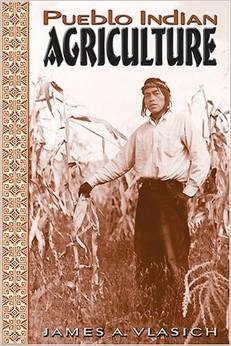
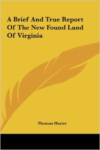
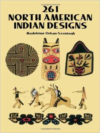
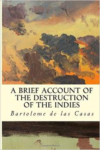
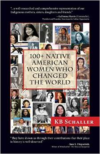
Reviews
There are no reviews yet.